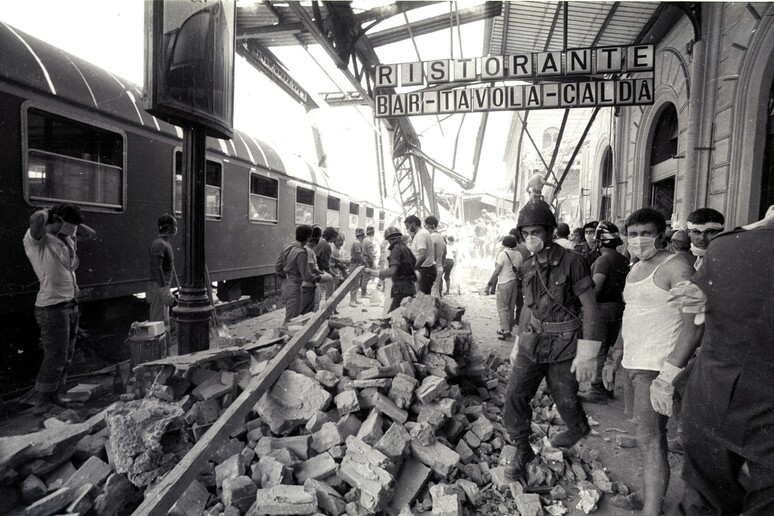The late Licio Gelli, founder
of the rightist subversive Masonic lodge Propaganda Due (P2),
was among those who commissioned the 1980 Bologna train station
bombing from former National Vanguard rightist terrorist Paolo
Bellini, Bologna prosecutors said Tuesday.
Gelli, along with co-conspirators Umberto Ortolani,
Federico Umberto D'Amato and Mario Tedeschi, set up the bombing,
which killed 85 people, and Bellini carried it out along with
NAR rightist terrorists who have already been convicted, the
prosecutors said.
The Bologna massacre was a terrorist bombing of the Bologna
Centrale railway station in Bologna, Italy, on the morning of 2
August 1980 which killed 85 people and wounded over 200.
Several members of the neo-fascist terrorist organization
Nuclei Armati Rivoluzionari (Armed Revolutionary Nuclei, NAR)
were sentenced for the bombing, although the group denied
involvement.
Historians have seen the atrocity as part of a string of
rightist subversive bombings in the so-called strategy of
tension aimed at keeping the Communists out of national power.
Victims' relatives aid Tuesday the prosecutors new findings
would rewrite Italian postwar history.
ALL RIGHTS RESERVED © Copyright ANSA











